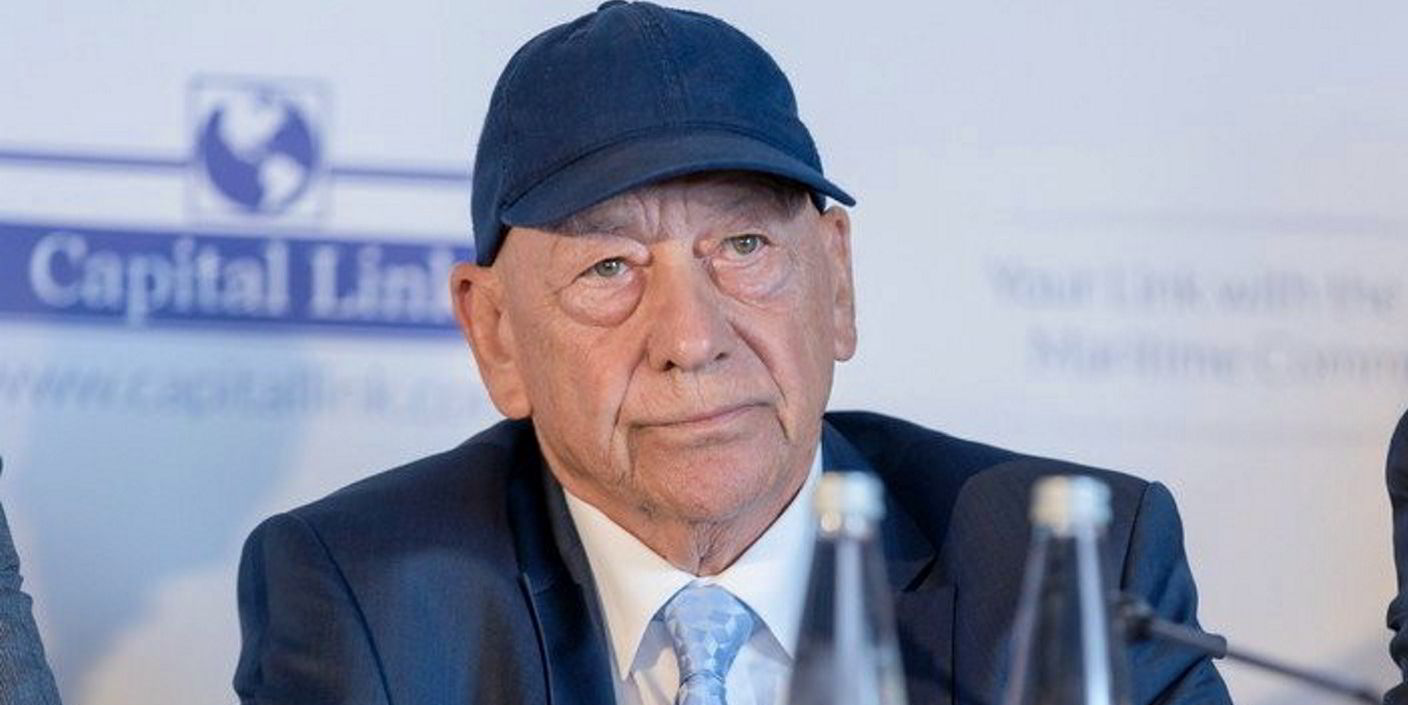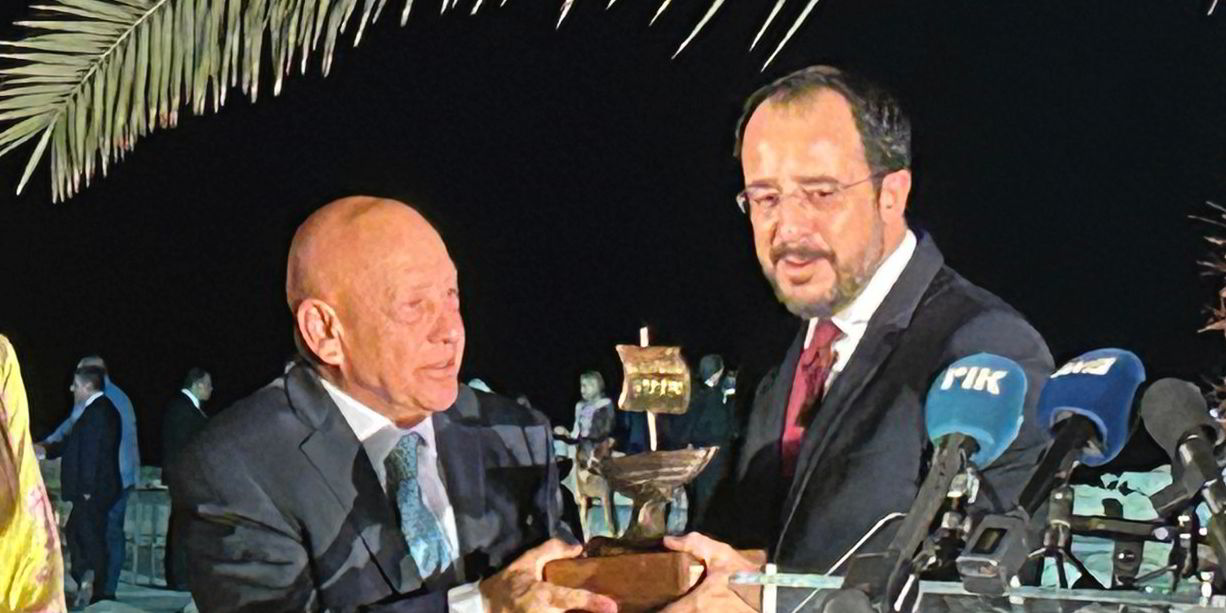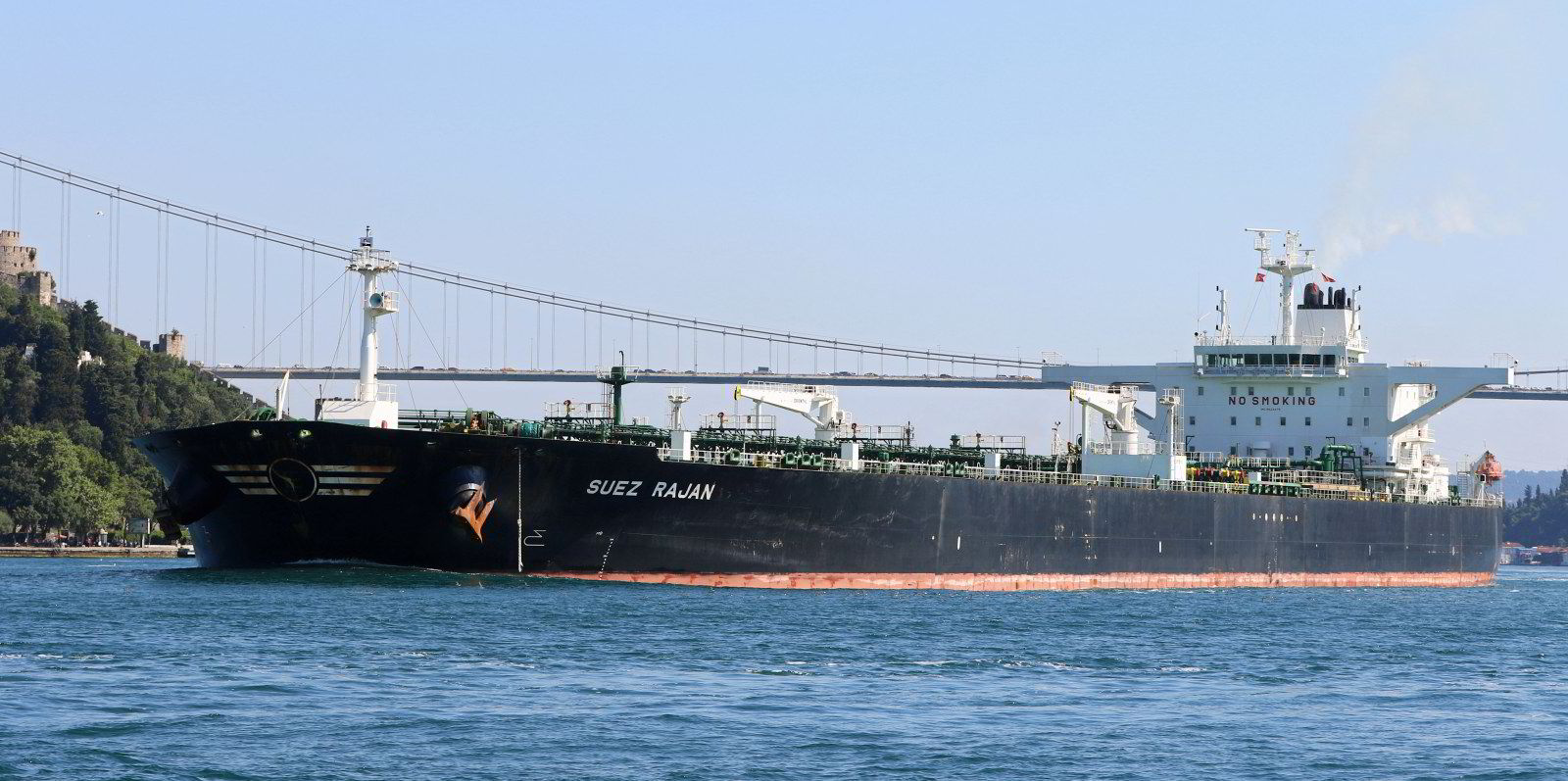European policymaking came in for a hefty dose of criticism from Greek, Italian and Cypriot shipowners at the Maritime Cyprus conference in Limassol on Monday.
Known critics of consensus shipping views, primarily Greek owner George Procopiou, had strong words to say about the European Union’s sanctions and environmental policies.
“Sanctions never worked — to the contrary, sanctioned countries become stronger and self-sufficient and then it’s even worse,” the founder of Dynacom Tankers, Sea Traders and Dynagas said in a panel discussion, citing Iran as an example.
“[After] so many years of sanctions, they now produce everything.
“The dictators always have a good time, it’s only poor people who are suffering [from sanctions], like in Venezuela.”
For Thanassis Martinos, who leads Eastern Mediterranean Maritime, a potential sanctions war between Europe and China represents a much bigger risk for European shipping than any EU shipping tax policy.
“My concern for European shipping is the geopolitical one,” he said, expressing unease about the future of European tramp owners if their continent’s habit of imposing commercial sanctions for political reasons spills over to China, “our biggest client”.
“As tramp owners, we want to serve whomever customer needs us; we’re not in politics,” Martinos said.
“Freedom of trade is important for us. When we carry Russian oil at a discounted price to poorer countries like India and China, it’s only to the benefit of the consumers there ... the same is for grain and for coal — we don’t carry arms.”
Emanuele Grimaldi, head of Italy’s Grimaldi shipping group, expressed concerns last month that Europe might be pursuing protectionist policies when it announced a probe into Chinese electric car subsidies.
Speaking on a separate panel in Cyprus on Monday, Grimaldi revisited the theme by saying that Europe needs to consult other parts of the world more rather than taking unilateral measures.
“Europe often thinks in a Eurocentric way ... we overestimated ourselves,” he said, referring to environmental regulations.
“We have to understand that we are a small part of the world ... Europe has to talk much more to other continents.”
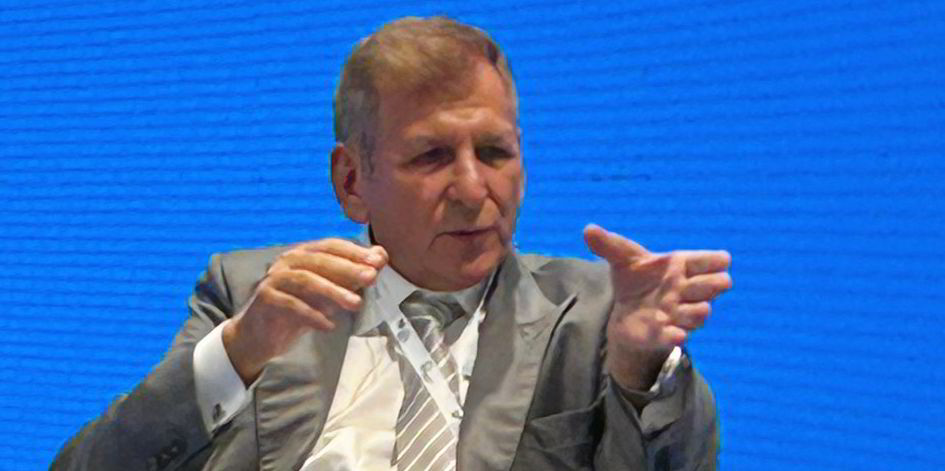
Procopiou beat the same drum.
“Ten percent of the global population want to impose their opinion on 90%,” he said.
According to Martinos, Europe’s shrinking weight in world trade is evident in the lack of impact the EU’s Emissions Trading System is expected to have on bulker and tanker tramp shipping.
“For us tramp owners on the panel, Europe is not so important,” he said, arguing that such shipowners are barely calling in Europe now.
“The EU ETS might even represent an opportunity for European owners to grab business from Asian peers who do not want to bother with the bureaucracy created by Europe-bound trades,” he said.
“For owners who are organised ... that will benefit the market for the next two years.”
There was little hope among participants that China, Russia or India would jump on board and adopt carbon taxation schemes similar to those agreed at an EU level.
Andreas Hadjiyiannis, head of Hellenic Tankers and of the Cyprus Union of Shipowners, said: “This is unfair to European owners.”
The panel also heaped scorn at the notion that quick fixes exist for decarbonisation — or that shipowners need regulators to impose carbon reduction targets to force them to invest in more environmental ships.
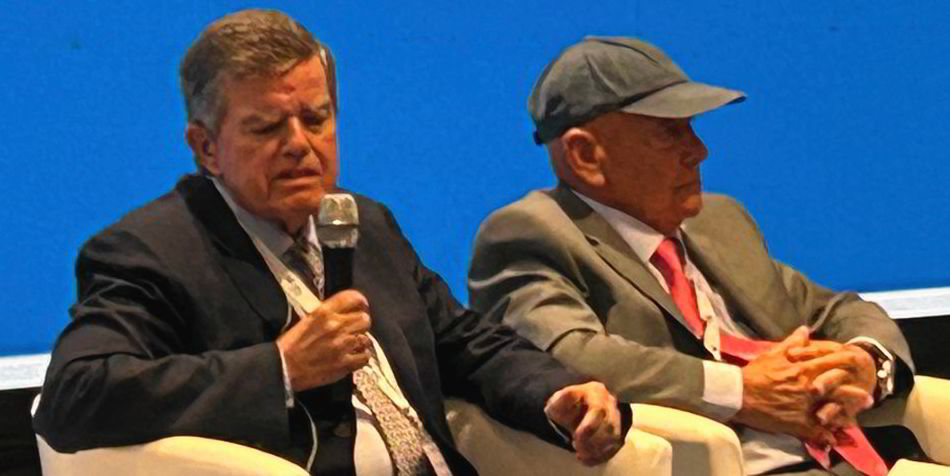
Procopiou said net zero “is not a switch, it’s a journey”.
As an example of the gradual way he believes things should be done, he cited the huge newbuilding programme of conventionally fuelled bulkers and tankers that he has placed with Chinese shipyards lately.
“Even though our fleet is 11 years old, we ordered a huge number of vessels that are by 35% to 40% better in consumption,” Procopiou said.
“These are the real steps — the rest is just bullsh*t.”
